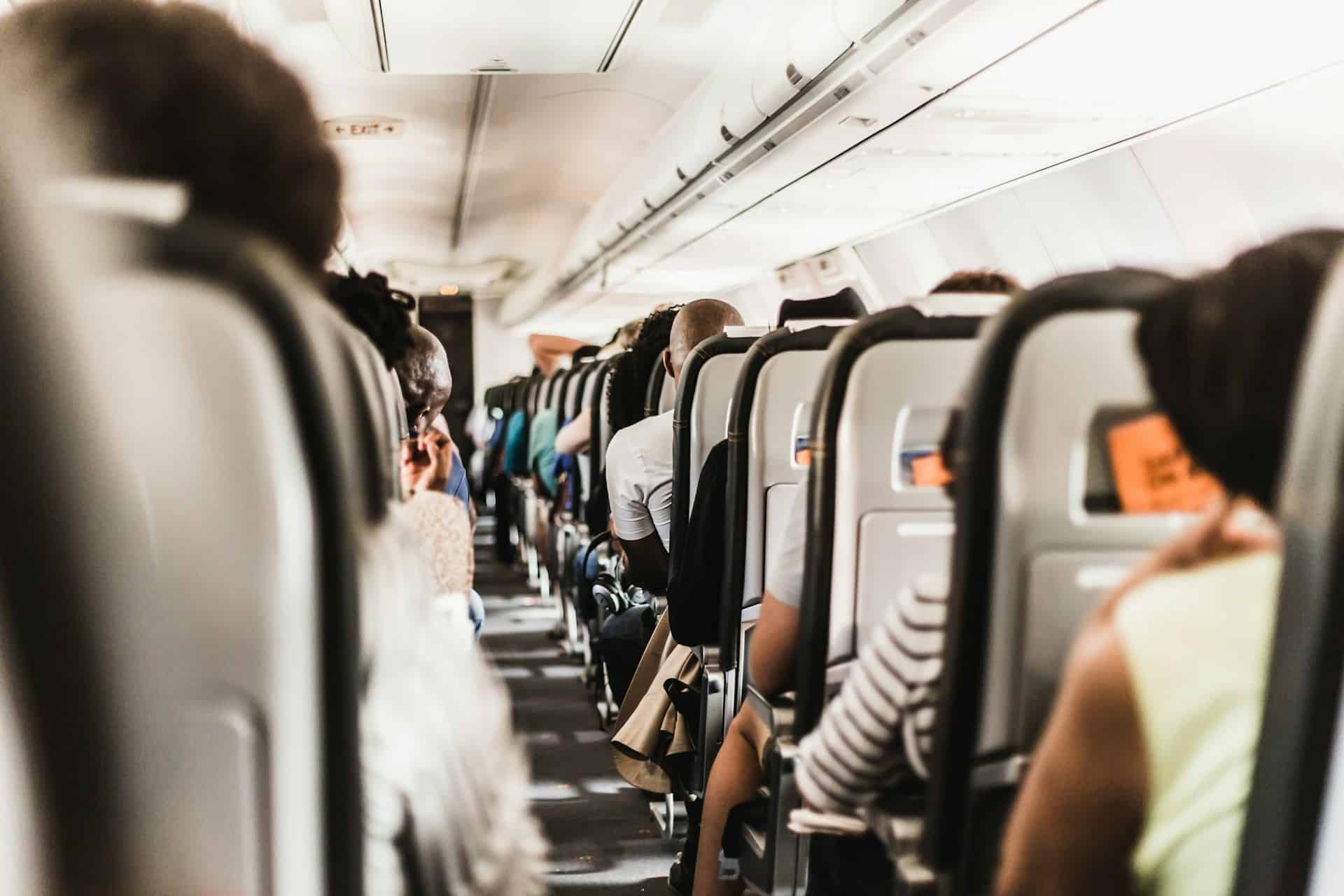Flying has become an integral part of modern life, enabling us to traverse vast distances in a matter of hours. However, amidst the excitement of travel, we often overlook the impact of air quality and cabin comfort on our health and well-being.
The Importance of Air Quality in Aviation
Understanding Cabin Air Composition
Inside an aircraft cabin, the air composition differs significantly from that on the ground. Most commercial airplanes use a combination of fresh air drawn from outside and recirculated air. The air undergoes filtration to remove impurities, but despite these measures, passengers may still be exposed to pollutants and contaminants. Airlines use a range of supplies from experts like Pilot John International to ensure the air quality is right.
Health Implications of Poor Air Quality
Inadequate air quality can exacerbate respiratory conditions, cause discomfort, and contribute to fatigue during flights. Additionally, long-haul flights increase the risk of deep vein thrombosis (DVT) due to prolonged periods of immobility and reduced cabin humidity.
Regulatory Standards and Compliance
Aviation authorities, such as the Federal Aviation Administration (FAA) and the European Aviation Safety Agency (EASA), enforce stringent regulations to ensure air quality meets acceptable standards. These standards encompass air circulation, filtration efficiency, and cabin pressurization, prioritizing passenger health and safety.
Enhancing Cabin Comfort for Passengers
Optimal Temperature and Humidity Levels
Maintaining a comfortable cabin environment is crucial for passenger well-being. Airlines regulate temperature and humidity to mimic conditions found at lower altitudes, minimizing discomfort and preventing dehydration.
Ergonomic Seating and Design
Modern aircraft feature ergonomic seating designs aimed at enhancing passenger comfort during extended flights. Adjustable headrests, lumbar support, and ample legroom contribute to a more pleasant flying experience.
Noise Reduction Measures
Excessive noise levels within the cabin can disrupt sleep patterns and increase stress levels among passengers. Airlines invest in soundproofing materials and quieter engine technologies to mitigate noise pollution and create a serene environment onboard.
Strategies for Improving Air Quality in Aircraft Cabins
Advanced Filtration Systems
Innovative HEPA (High-Efficiency Particulate Air) filtration systems are increasingly utilized to remove airborne particles and pathogens from cabin air. These systems capture microscopic contaminants, including viruses and bacteria, thereby enhancing air quality and minimizing health risks.
UV-C Disinfection Technology
UV-C disinfection technology has gained traction as a method to sterilize cabin surfaces and air. By irradiating surfaces and air ducts with ultraviolet light, airlines can effectively eliminate harmful microorganisms, bolstering passenger confidence in onboard cleanliness.
Enhanced Ventilation Systems
Upgrading ventilation systems enables more efficient airflow distribution within the cabin, reducing the concentration of airborne contaminants. Enhanced ventilation rates facilitate the rapid exchange of stale air with fresh, filtered air, promoting a healthier indoor environment.
Passenger Awareness and Self-Care Practices
Hydration and Mobility
Staying hydrated and engaging in light exercise during flights can mitigate the effects of prolonged sitting and dry cabin air. Passengers are encouraged to drink water regularly, stretch their legs periodically, and perform simple exercises to improve circulation and reduce the risk of DVT.
Personal Protective Measures
Travelers can take proactive measures to safeguard their health during flights by carrying sanitizing wipes, wearing face masks, and choosing aisle seats for easier mobility. These simple precautions help minimize exposure to germs and allergens, fostering a more hygienic travel experience.
Fly high, stay healthy, and embrace the adventure that awaits!
Frequently Asked Questions (FAQ)
Q: Are there any specific foods or beverages I should avoid during flights?
A: While there are no strict dietary restrictions, it’s advisable to steer clear of overly salty or sugary foods, as they can contribute to dehydration. Opt for hydrating snacks like fruits and nuts, and remember to drink plenty of water to stay refreshed.
Q: Can I bring my own air purifier or humidifier onboard?
A: Most airlines prohibit the use of personal air purifiers or humidifiers due to safety regulations and potential interference with aircraft systems. However, some carriers may offer these amenities in premium cabin classes or upon request.
Q: How can I minimize jet lag and fatigue during long flights?
A: To combat jet lag, try adjusting your sleep schedule a few days before your flight to align with your destination’s time zone. Stay hydrated, avoid excessive alcohol and caffeine consumption, and take short naps during the flight to help your body adjust gradually.
Q: Are there any health risks associated with flying while pregnant?
A: Pregnant travelers should consult their healthcare provider before flying, especially during later stages of pregnancy. While flying is generally safe for expectant mothers, there are considerations regarding cabin pressure, immobility, and potential medical emergencies that should be discussed with a doctor beforehand.
Q: What measures are in place to ensure the safety of passengers with allergies or sensitivities?
A: Airlines strive to accommodate passengers with allergies or sensitivities by offering allergen-free meal options and implementing thorough cleaning protocols. However, travelers with severe allergies should notify the airline in advance and carry necessary medications or precautionary measures onboard.
